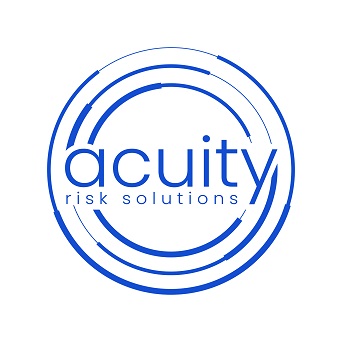As a small business owner, you might be overwhelmed working out what your risks are, how to deal with them, and which need insurance coverage.
Even the Australian Small Business and Family Enterprise Ombudsman has weighed into the issue. Earlier this year, it found that many small businesses were hitting the wall due to not being able to find appropriate and affordable insurance. Expect to hear more about this issue from the Insurance Council of Australia which is reviewing the general insurance code of practice for insurers.
But for now, business risks remain and must be managed. Here are ten tips to simplify the process:
1. Know the Types of Business Insurance
- General Liability: Covers third-party injuries or property damage.
- SME Business Pack: Combines liability and property insurance for risks like fire, storm, and theft.
- Workers’ Compensation: For businesses with employees.
- Professional Liability: Protects against lawsuits for negligence and mistakes in professional services.
- Management Liability: Covers risks from running a business, like OH&S, unfair dismissal, and defamation.
These coverages form a foundation for small businesses, with specific needs varying by business type and assets.
2. Legal Requirements for Business Insurance
Business insurance requirements differ by industry and region. In Australia, professional indemnity insurance is essential for advisory and specialist services to cover negligence claims and legal costs. Some professions are legally required to have it, while others choose it to meet client expectations. Proof of insurance, like a certificate of currency, may be needed for licenses or contracts.
For more details, visit the Federal Government’s business website.
3. Understand Your Industry’s Risks
Different industries face unique risks that influence the type of insurance needed. For instance, accountants need professional liability insurance to cover claims of negligence or errors in their work. Restaurants, on the other hand, may require product liability insurance to protect against claims related to foodborne illnesses or accidents.
4. Prioritise Coverage Over Cost
Avoid opting for the cheapest insurance. An industry survey found 43% of small businesses feel fully covered, but a third lack a risk plan. Being underinsured can lead to major financial losses. Invest in comprehensive coverage for peace of mind and business protection.
5. Factors Affecting Insurance Premiums
Insurance premiums are influenced by various factors including business size, the value of your operations, business location and your appetite for risk (amongst other factors).
Businesses with significant risk exposures or those with a history of claims may face higher premiums. Implementing risk management practices, such as improving workplace safety and maintaining a clean claims record, can help lower your insurance costs.
6. Consider Your Deductibles
Higher deductibles can reduce premiums, but balance this with potential out-of-pocket costs. Assess your financial capacity to find a deductible that suits your budget while maintaining adequate coverage.
7. Overestimate Your Insurance Needs
8. Choose Reputable Insurance Providers
Choosing an APRA-regulated insurer (including Lloyd’s) is crucial. If your risk requires an Unauthorised Foreign Insurer (UFI), we’ll ensure the UFI is financially stable and well-rated.
As your broker or adviser, we customize policy options, review and update them over time, and assist with managing claims.
9. Read Insurance Policies Thoroughly
Understanding the terms, conditions, and exclusions of your insurance policies is vital. This takes time and expertise because these documents abound in technical terms that may not mean what the average person thinks they do.
As your broker or adviser, we go through the fine print to help you clarify any complex details. This ensures you’re in the know about what is covered and any potential gaps in coverage.
10. Seek Professional Help
Having a broker or adviser like us on side can help you compare quotes and policies.
Insurance is a vital investment in your business’s stability and growth can protect against unforeseen financial setbacks and ensure long-term success.
Let us help you through the insurance selection process – contact us today for a confidential chat about your specific needs.

